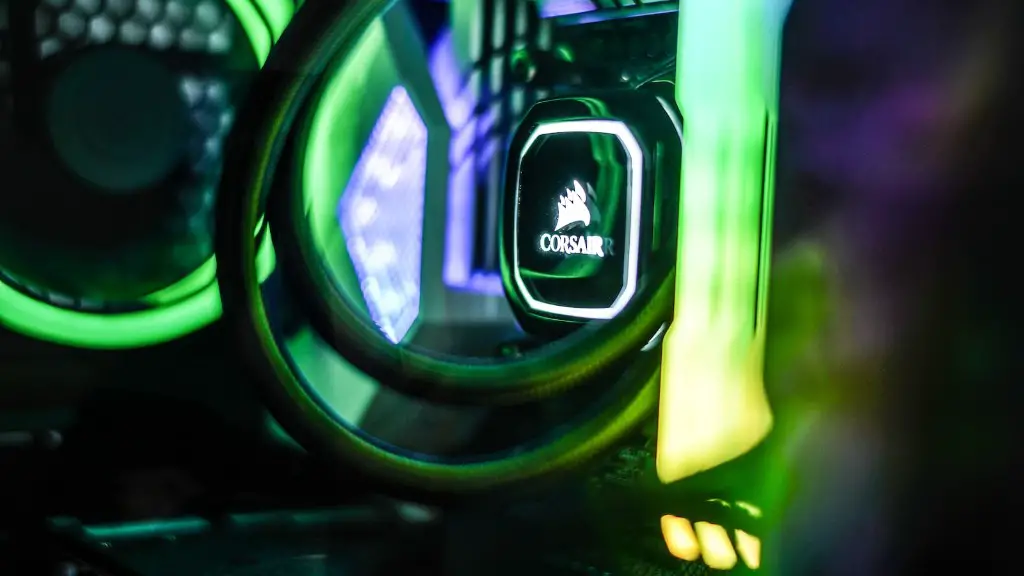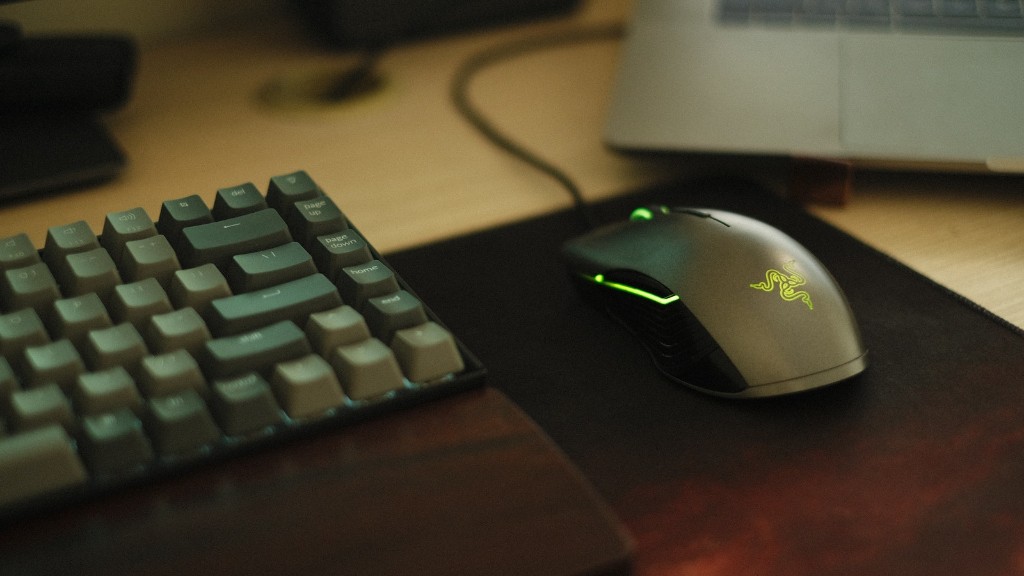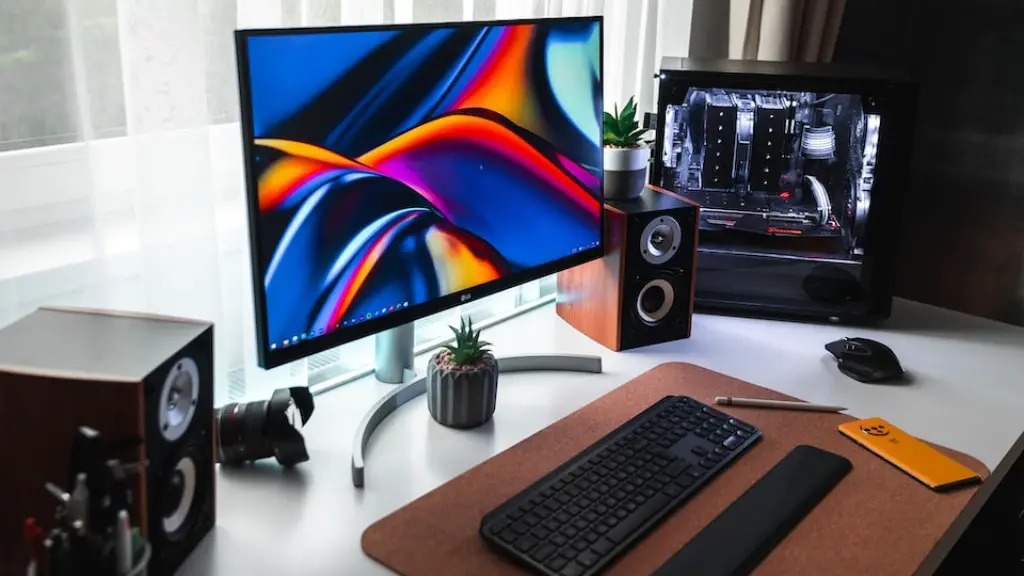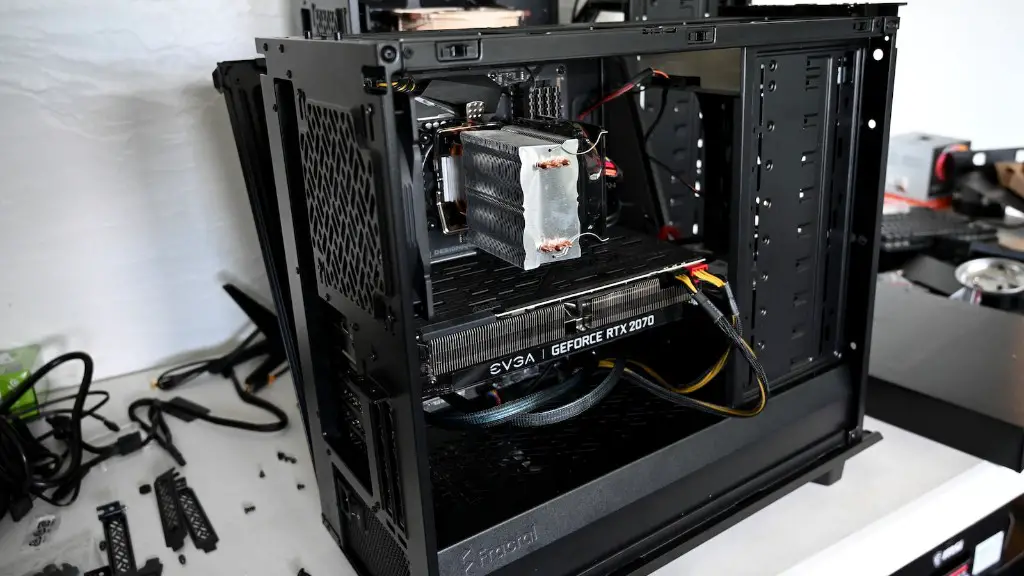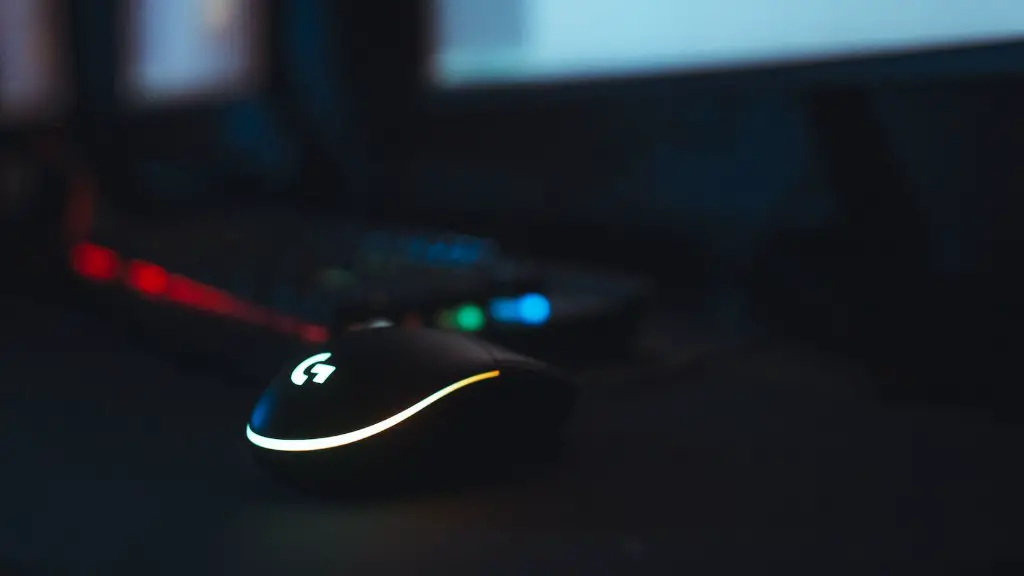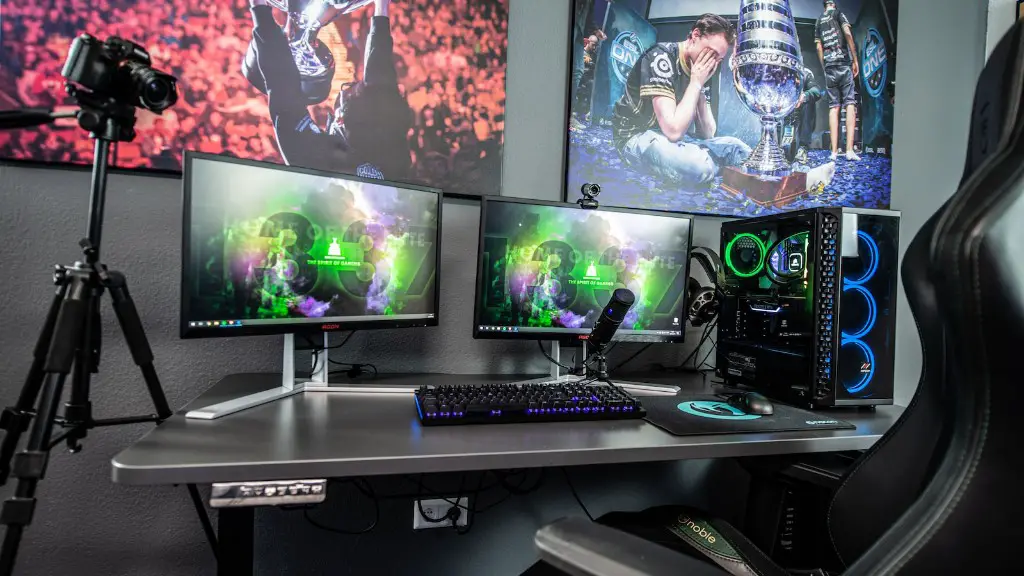Building a gaming PC doesn’t have to be intimidating. With the right parts, anyone can assemble a great gaming rig that will last for years. The parts you choose should be compatible so that they can all work together in harmony. So, what stuff do you need to build a gaming PC?
First and foremost, you’ll need a motherboard. It’s the central component of your PC, responsible for connecting all the other parts together. You’ll also need a CPU (central processing unit), as well as a dedicated GPU (graphics processing unit) for excellent gaming performance. RAM (random access memory) and a storage drive will enable your system to load and store data quickly.
Your power supply is important as it provides the energy your components need to run. You’ll also require a compact case to house everything, plus coolant and a cooling system to prevent your system from overheating. An input device such as a mouse or keyboard and a monitor will also be essential.
Last but not least, you should always look for manufacturer warranties and check that all your components are compatible with each other. Keep in mind that building a gaming PC can be a costly investment, and the parts you choose will make all the difference.
Motherboard
A motherboard is the main circuit board inside a PC. It contains many of the system components and houses high-speed buses and ports for other components. Selecting the right motherboard is an important factor because there are many different types available, from no-frills basic boards all the way up to higher-end models with sophisticated features. As a general rule, you should select a board that is capable of running the CPU and other components you want to install in your PC.
Your motherboard should also support your type of RAM and be equipped with the right connectors for your peripherals. When choosing a motherboard, be sure to read reviews or seek professional advice. The right board will ensure your system runs at peak performance and with proper compatibility.
CPU
A CPU (central processing unit) is an essential component of any gaming PC. It translates and processes instructions like a human brain, making it the most important part of your computer. The latest CPUs, like the AMD Ryzen 5000 series or the Intel Core i9, are designed for excellent gaming performance. It’s important to choose the best CPU for your requirements, as it can influence the performance of your entire system.
Ideally, you should choose one that is powerful enough to handle the latest games, as well as any future releases. Generally, it’s best to buy a faster CPU if you can, as it will guarantee the best performance. However, you’ll need to make sure your other components are compatible, as most gaming PCs require specific hardware.
GPU
A graphics processing unit (GPU) is a crucial component of any gaming PC. It enables your system to display high-resolution graphics, realistic models and complex scenes with excellent performance. A good GPU can significantly enhance your gaming experience, and there are many models to choose from.
High-end GPUs are generally more expensive, but they can provide the best gaming performance. Meanwhile, budget GPUs are better suited for casual and intermediate gamers. Once again, you’ll need to make sure your GPU is compatible with your other components, as some GPUs require specific ports or slots.
RAM
Random access memory (RAM) is another important component in any gaming PC. It enables your system to store frequently accessed data for quick retrieval and execution. A decent amount of RAM is essential for running multiple applications and games simultaneously, so it’s important to select the right type for your system.
Most gaming PCs today require 8GB or 16GB of RAM, depending on your chosen applications and games. Many models are available in dual-channel kits, which are able to provide faster performance. This means you can access data faster, enjoy smoother gaming, and multi-task with ease.
Storage
Storage drives are used to store your data, applications and games. They can also be used to run an operating system. Generally, you should choose a drive with enough capacity as well as a speed rating that will be suitable for your PC. Mechanical hard drives, which use spinning discs, offering large storage options but tend to be slower.
On the other hand, solid-state drives (SSDs) are becoming increasingly popular among gamers because of their faster performance. However, SSDs tend to be more expensive and lack the storage capacity of hard drives. Fortunately, hybrid drives offer the best of both worlds, providing both speed and capacity.
Power Supply
Your power supply is responsible for providing the energy your system needs to run. Without it, none of your components will work. When choosing a power supply, look for a reliable brand that offers decent power output and low noise levels. Make sure the power supply you select is compatible with the other parts of your PC, as some components require specific power connectors.
It’s also important to buy a power supply that has enough wattage to power your components. Overclocking and multiple GPU setups may require extra wattage, so make sure you buy a power supply that meets your requirements. Lastly, check the output of your power supply and make sure it’s compatible with your other components.
Case
The last component you’ll need for your gaming PC is a compact case. It allows you to mount all your components inside for neat storage, while providing access to all the ports and connectors. You should select a case that is spacious enough to give you space to work as you build, as well as one that allows good airflow and cooling.
Gaming cases come in many sizes, so make sure you choose one that is suitable for the components you want to install. You should also consider its design and the colour scheme you want, as the right case can make or break the entire look of your gaming PC.
Cooling
Cooling your system is crucial for optimal performance. Without proper cooling, your components will overheat and cause system instability, or worse, damage. That’s why you should always invest in a reliable cooling system for your gaming PC. Heat sinks and coolers are usually sufficient for lower-end systems, while high-end machines may require water-cooling systems.
There are many types of cooling systems available, from air to liquid cooling. Make sure you select the right type for your system, as some components require specific water blocks, radiators and coolants. Your power supply should also be capable of handling the extra load, so remember to factor it in when making your selection.
